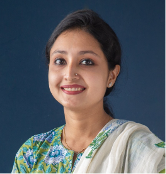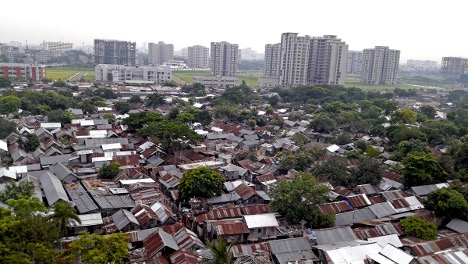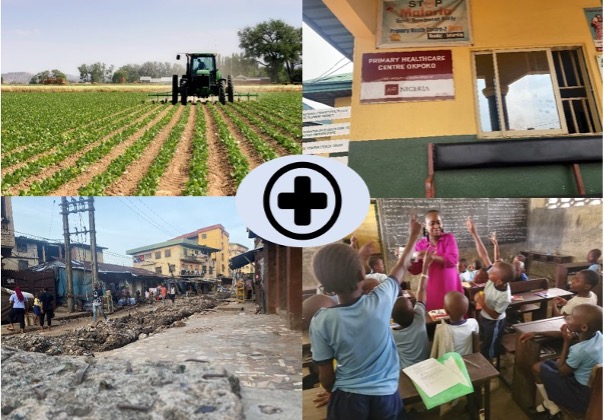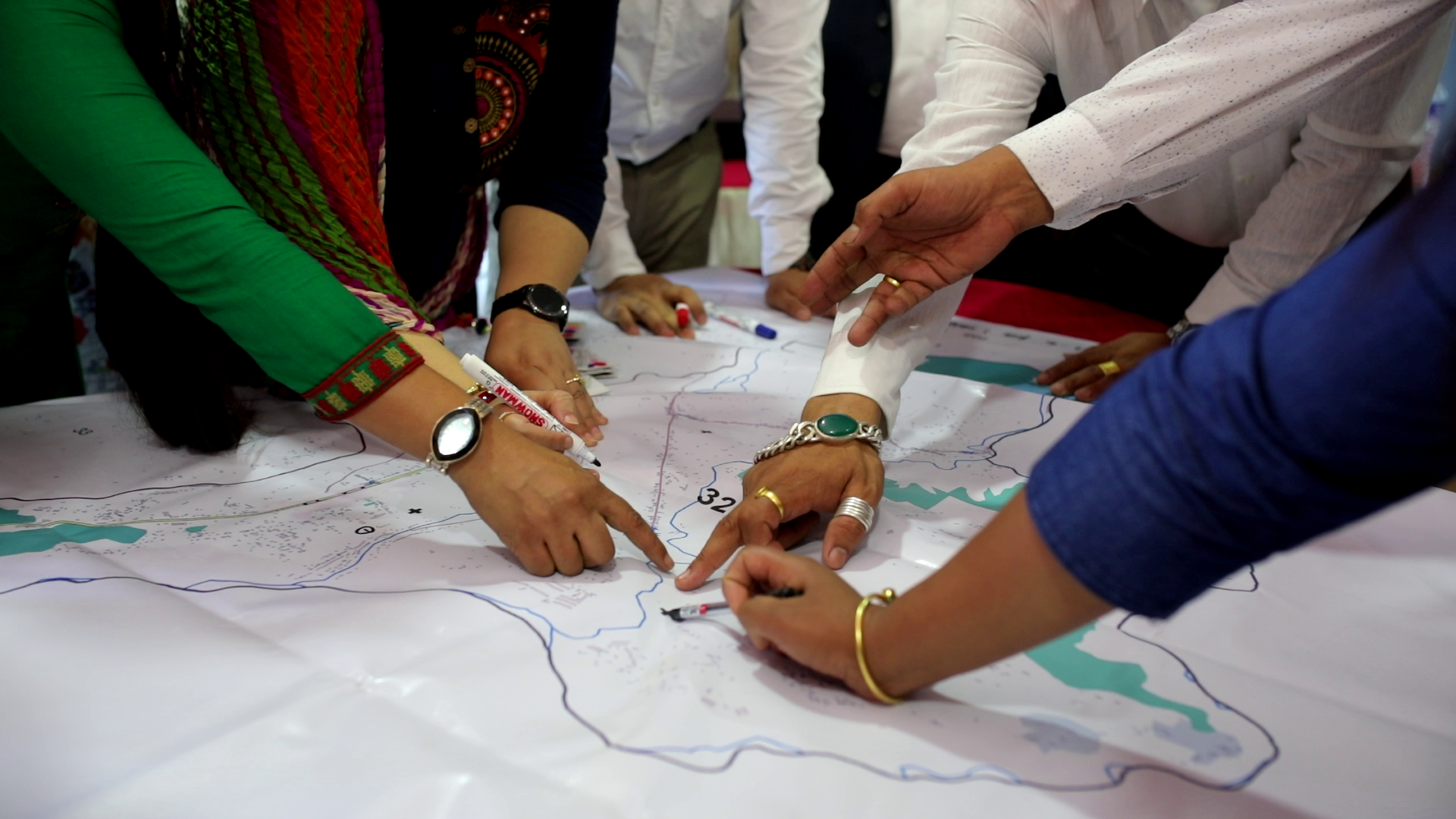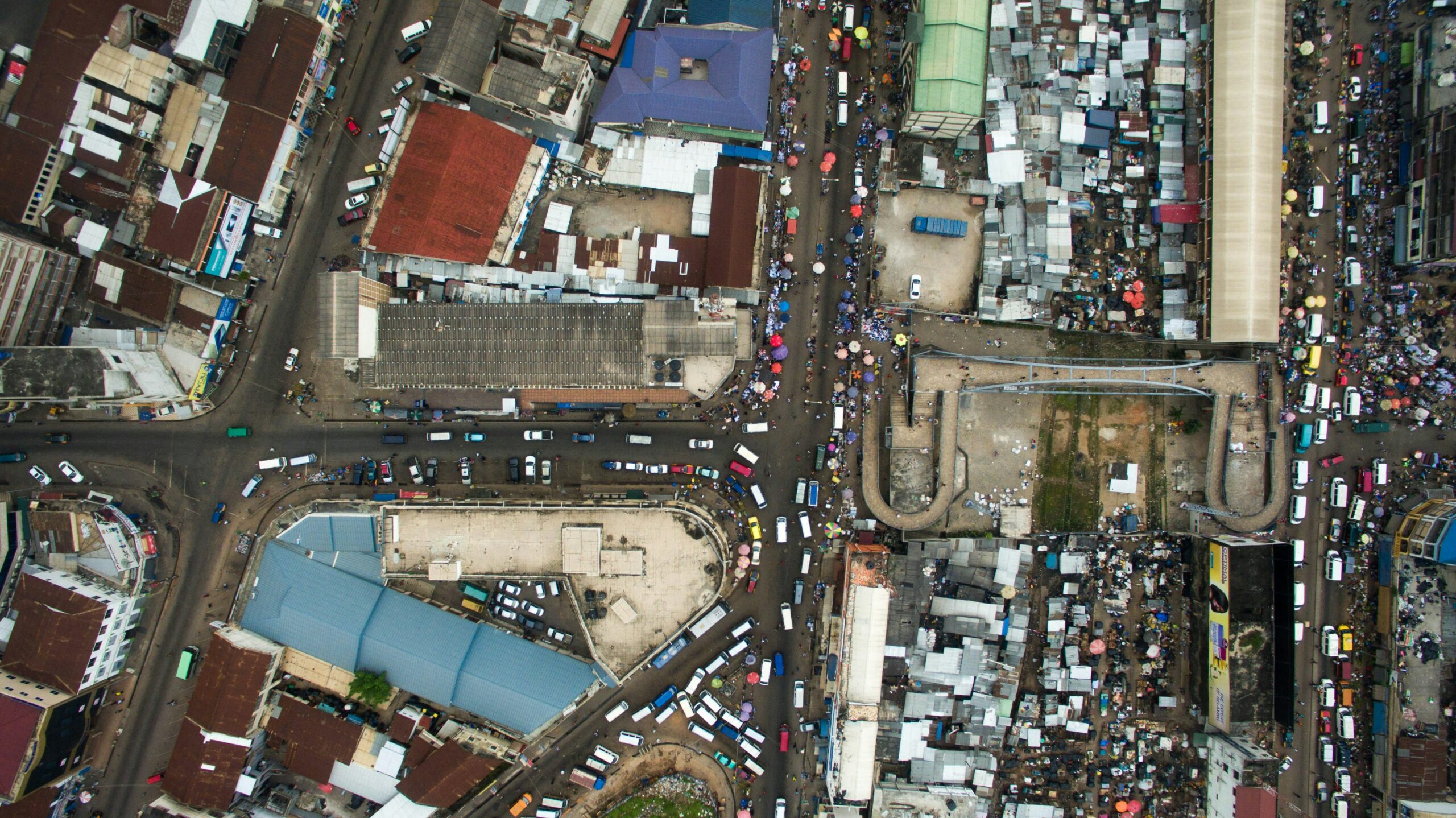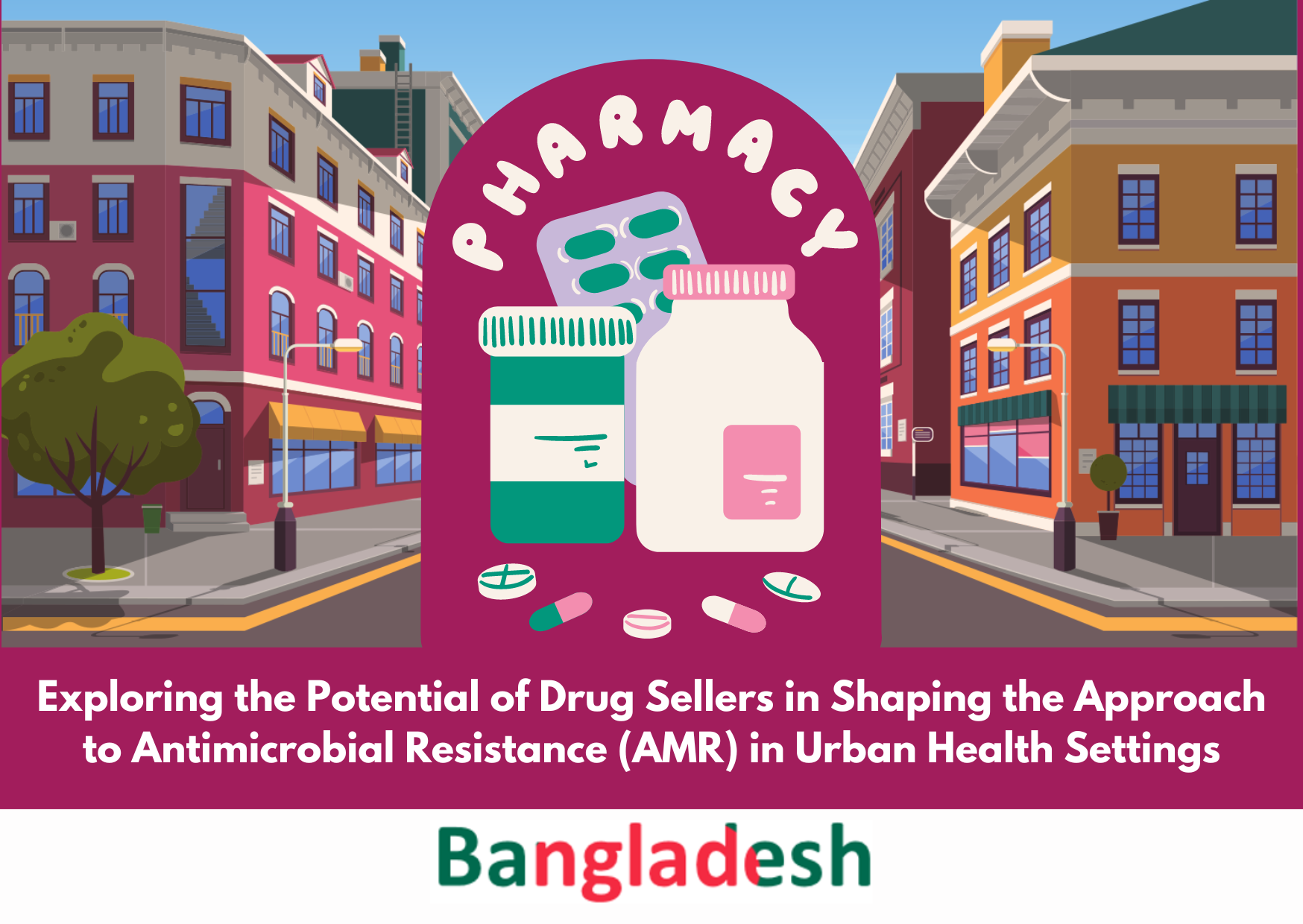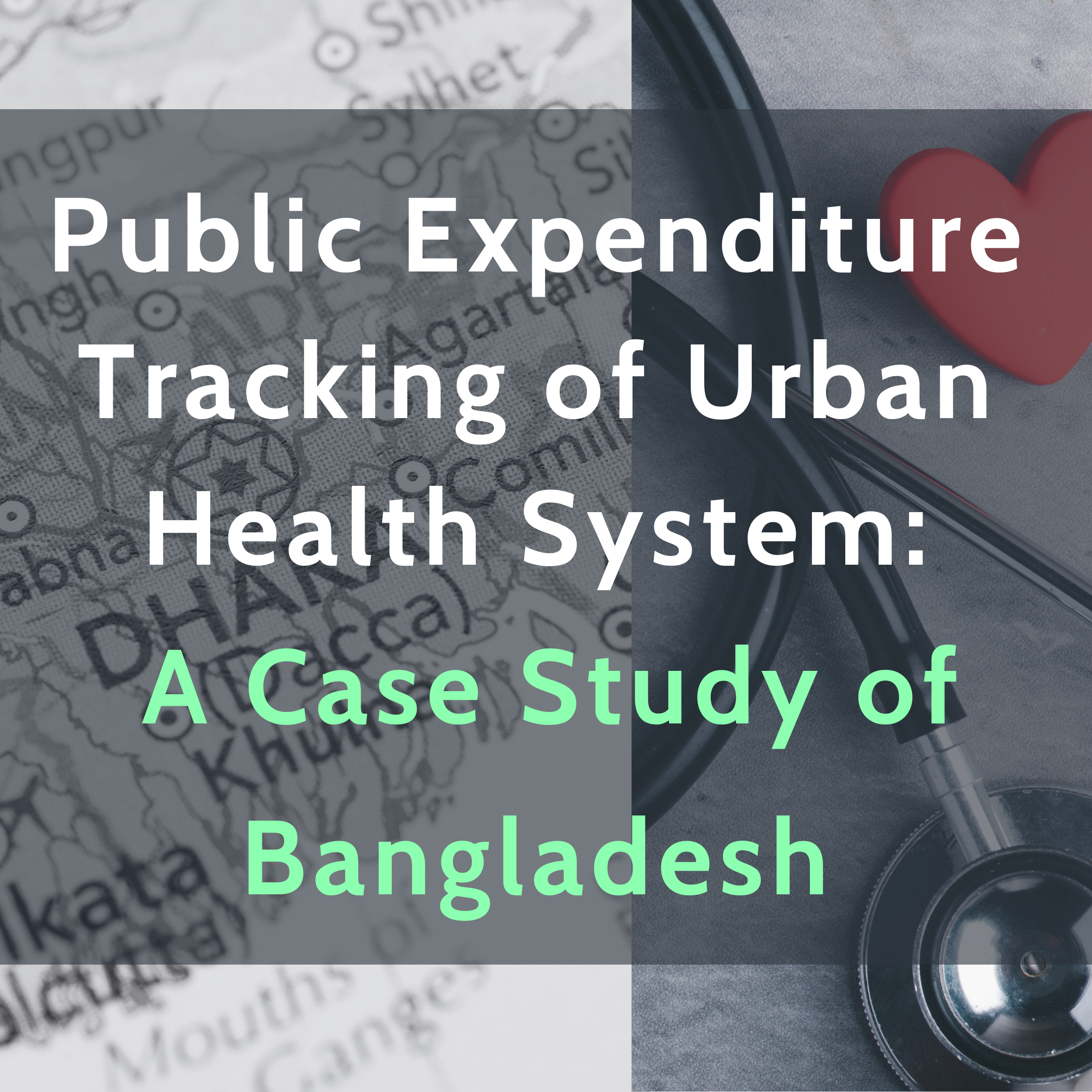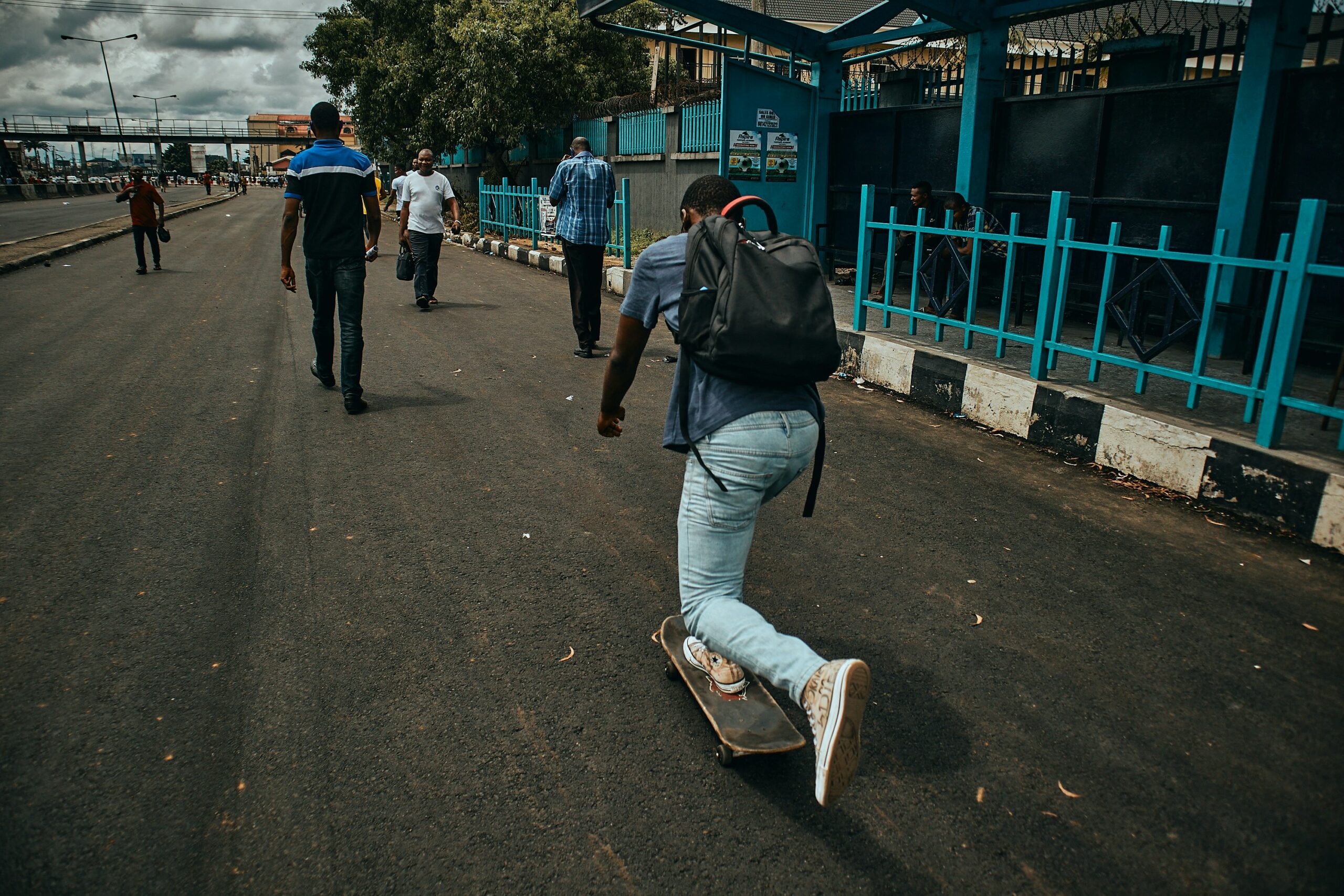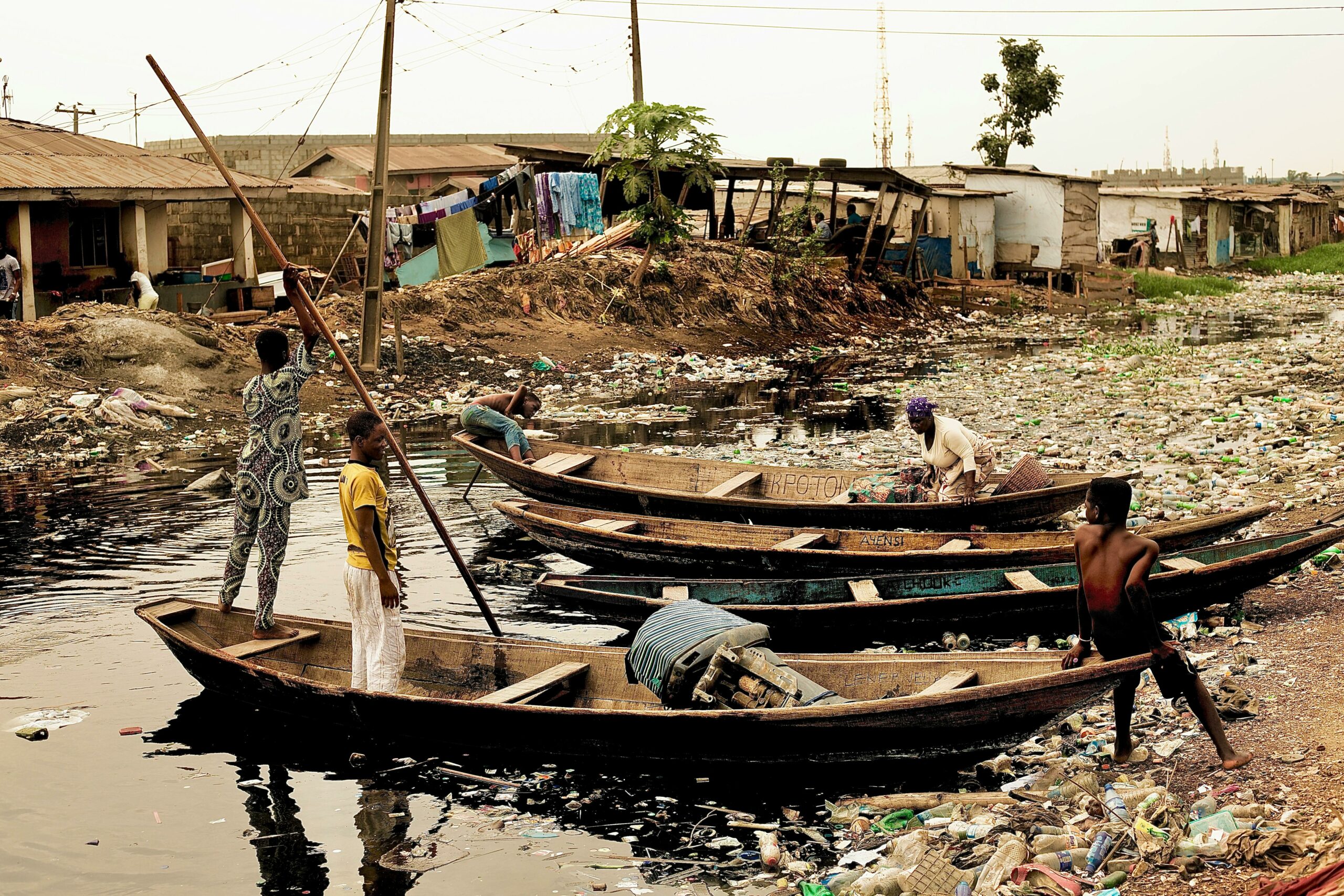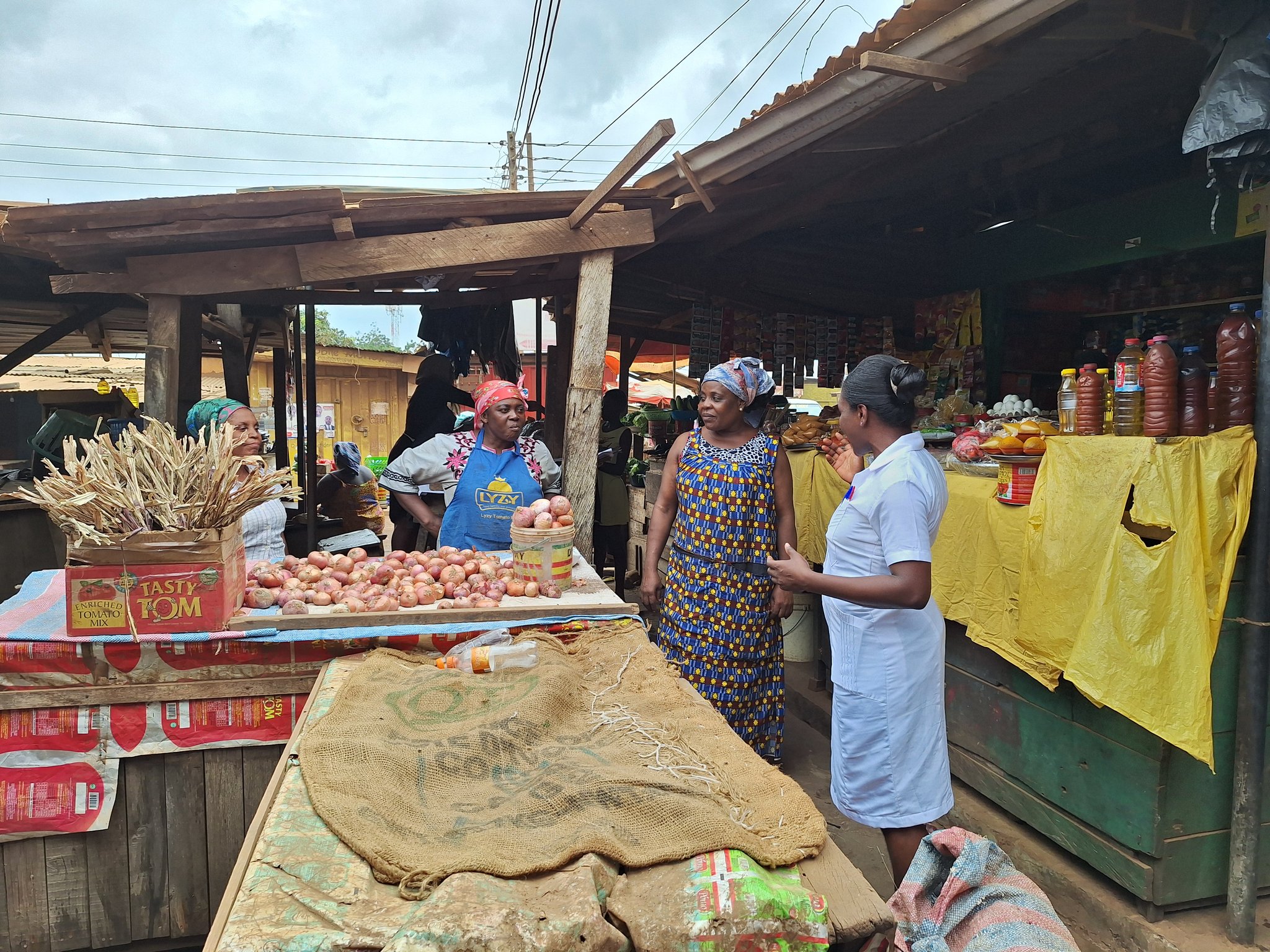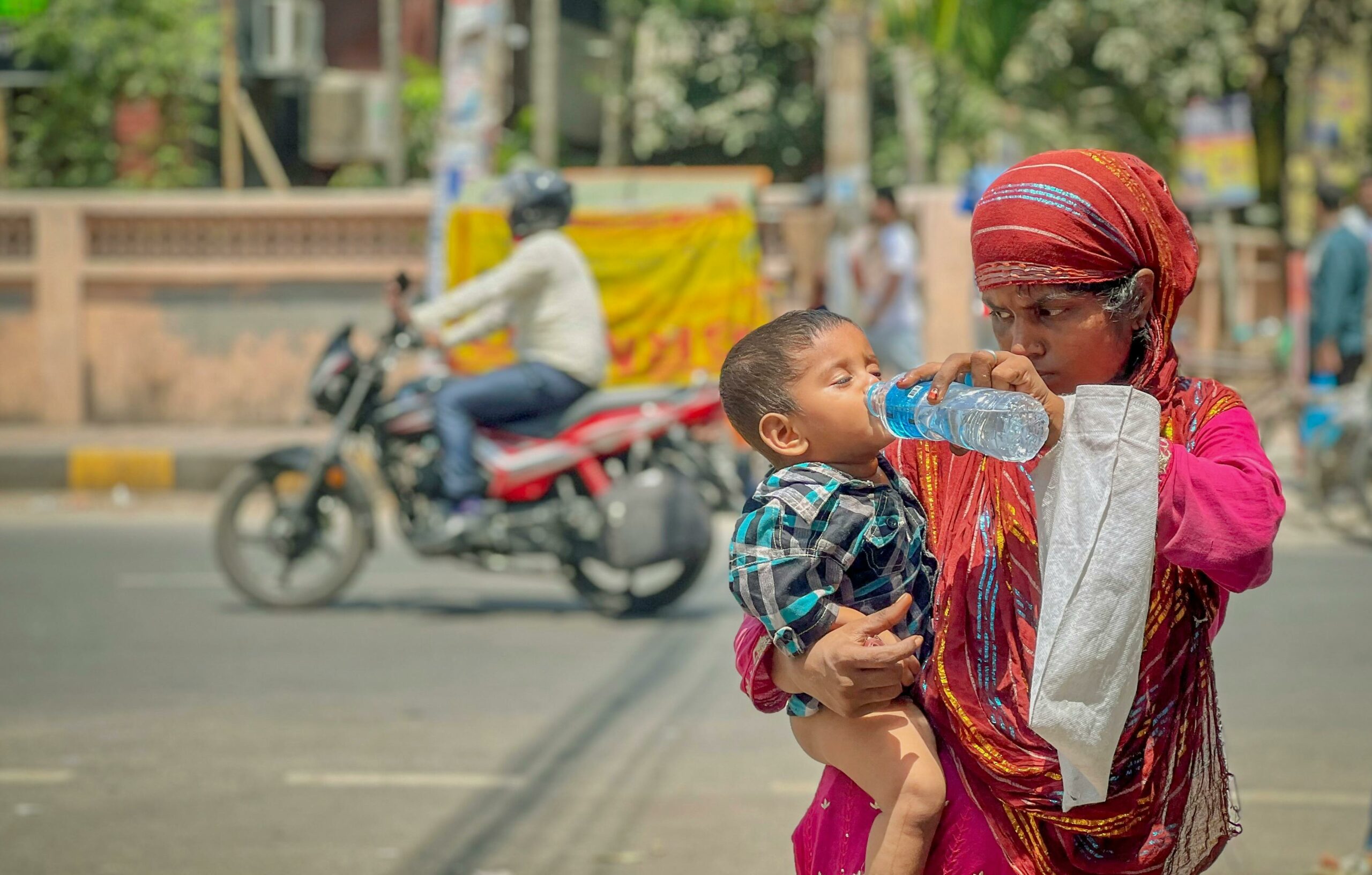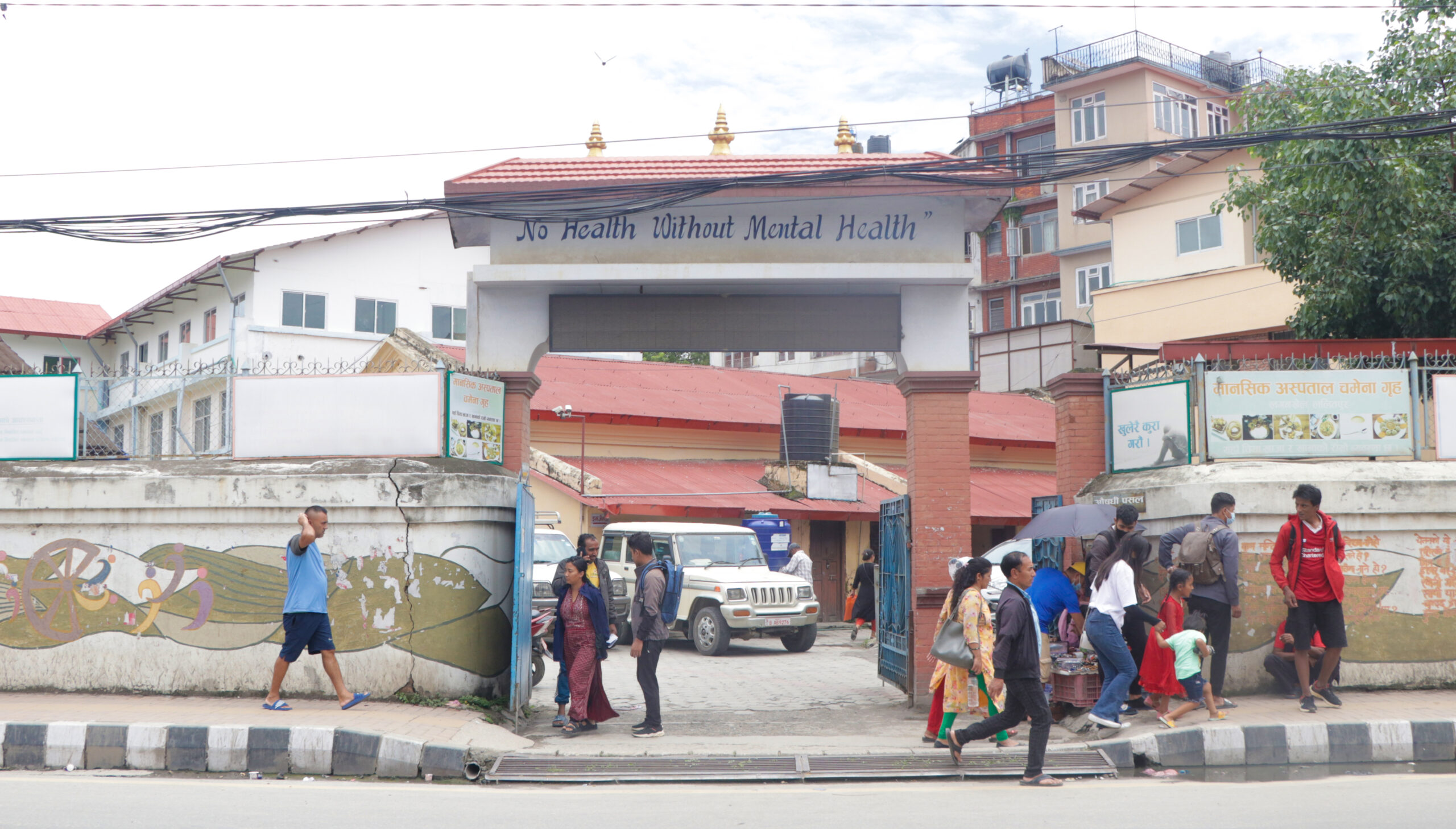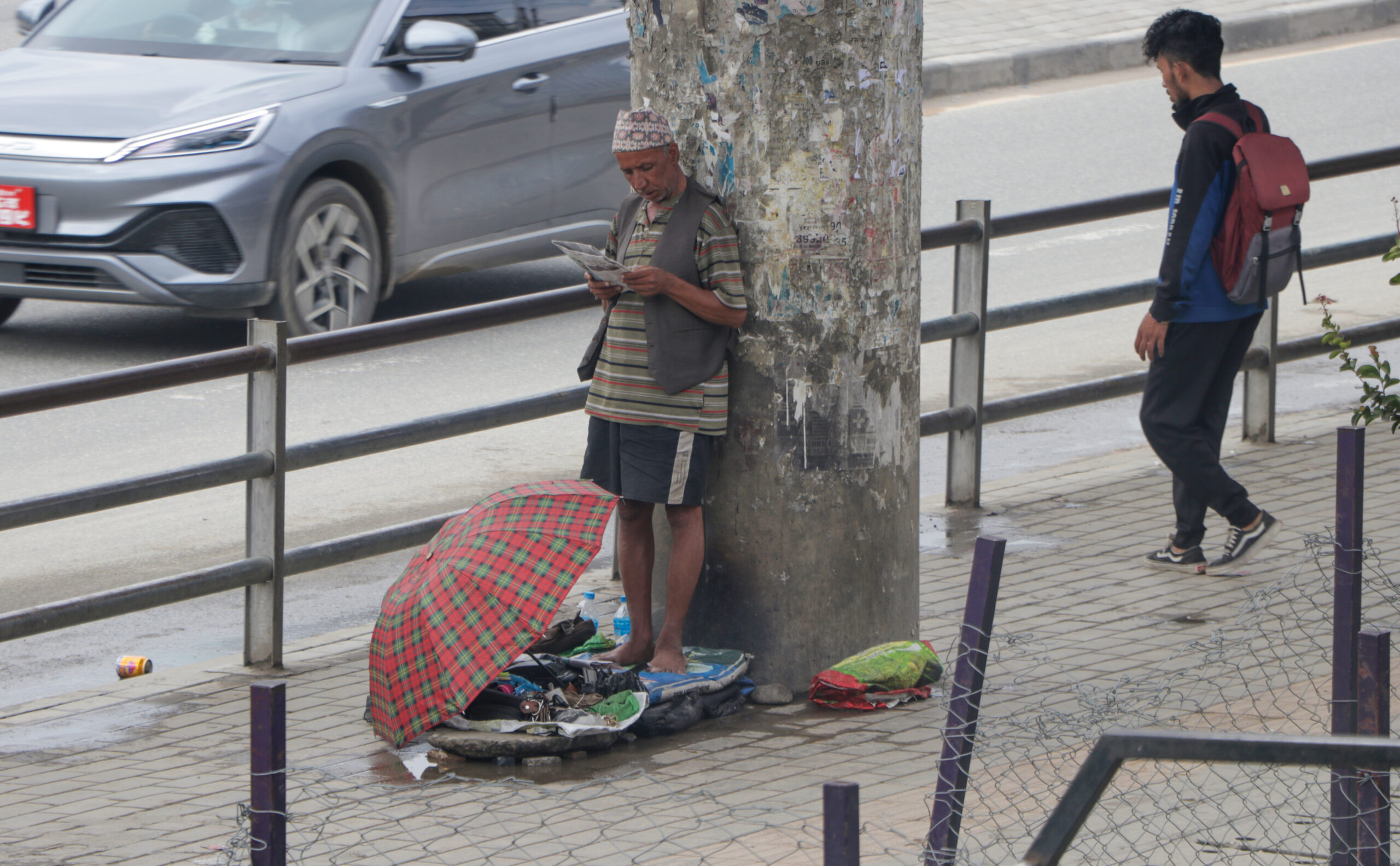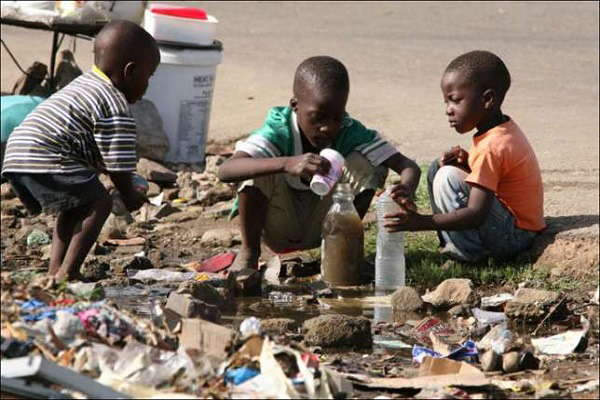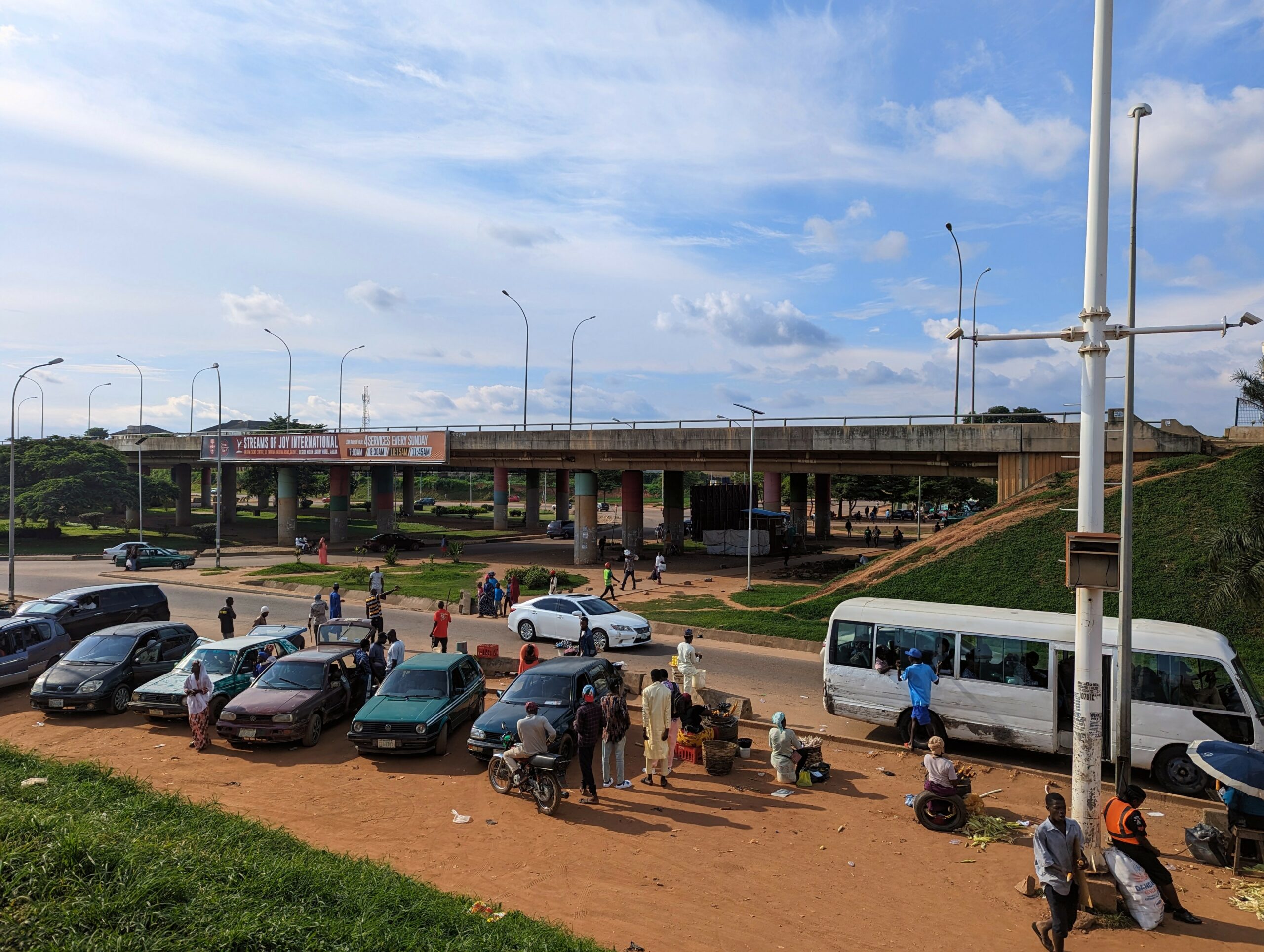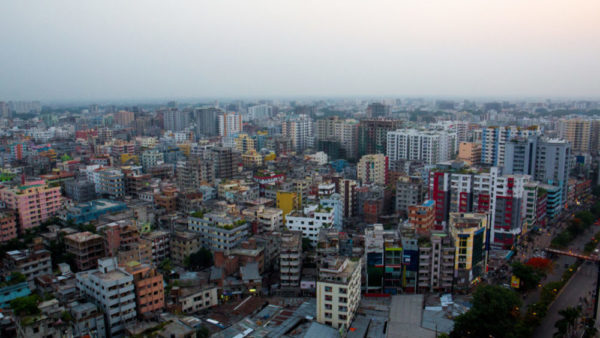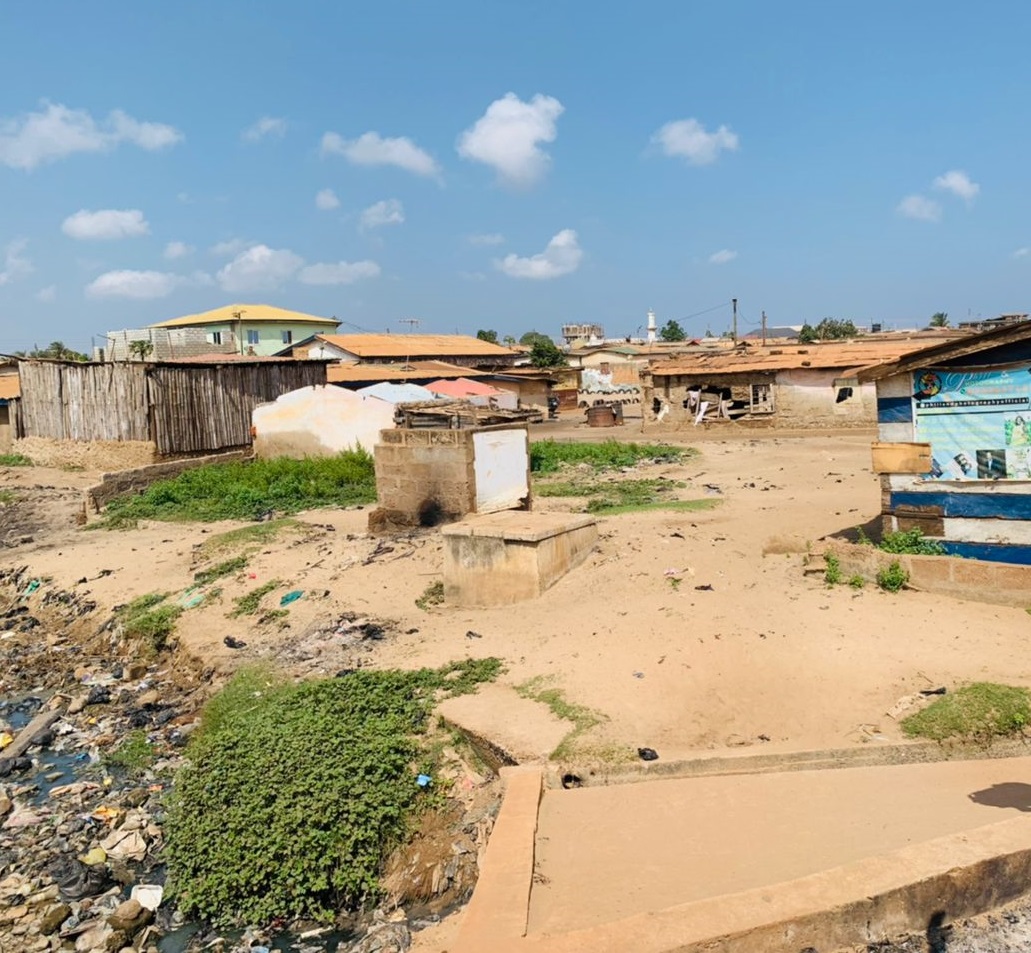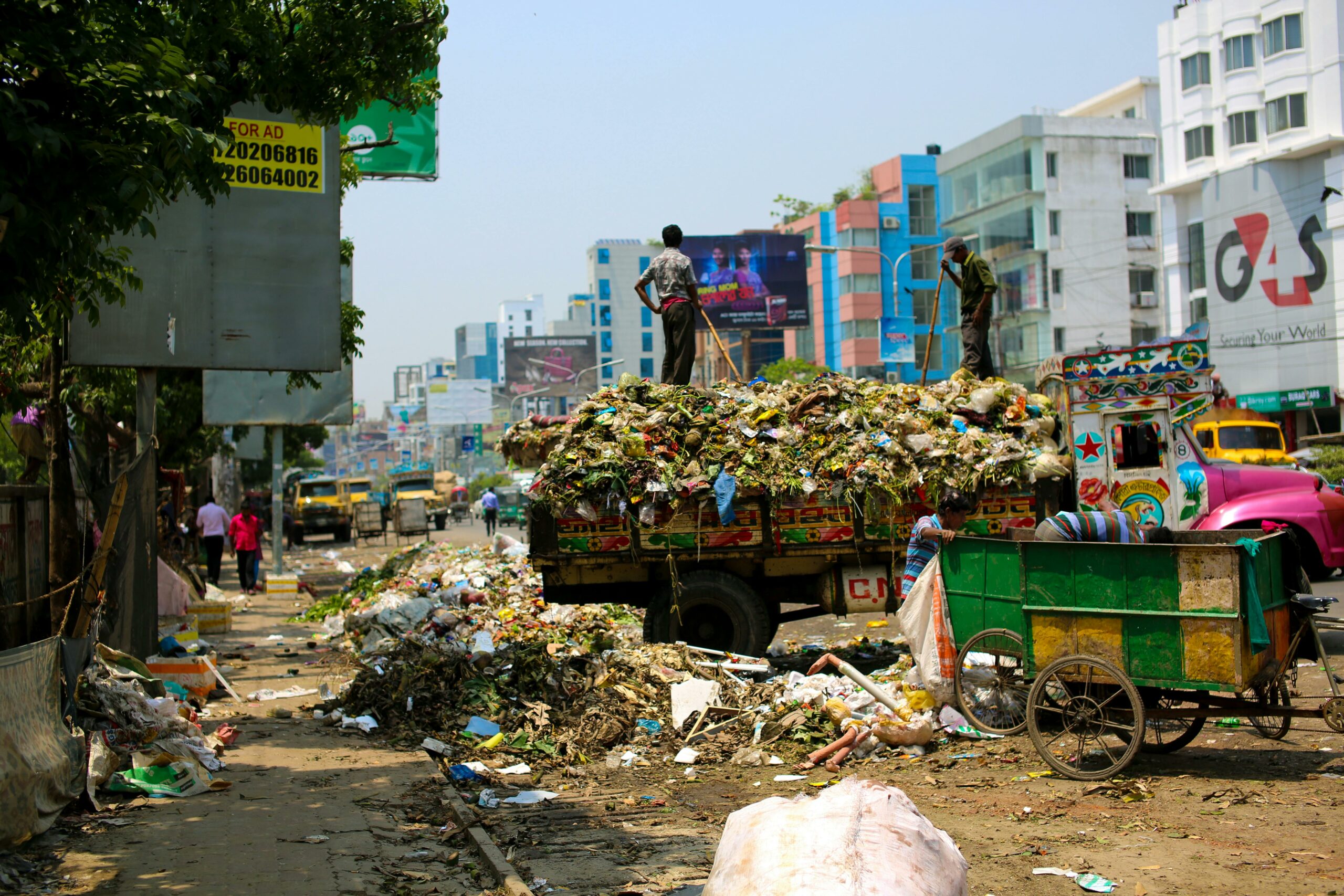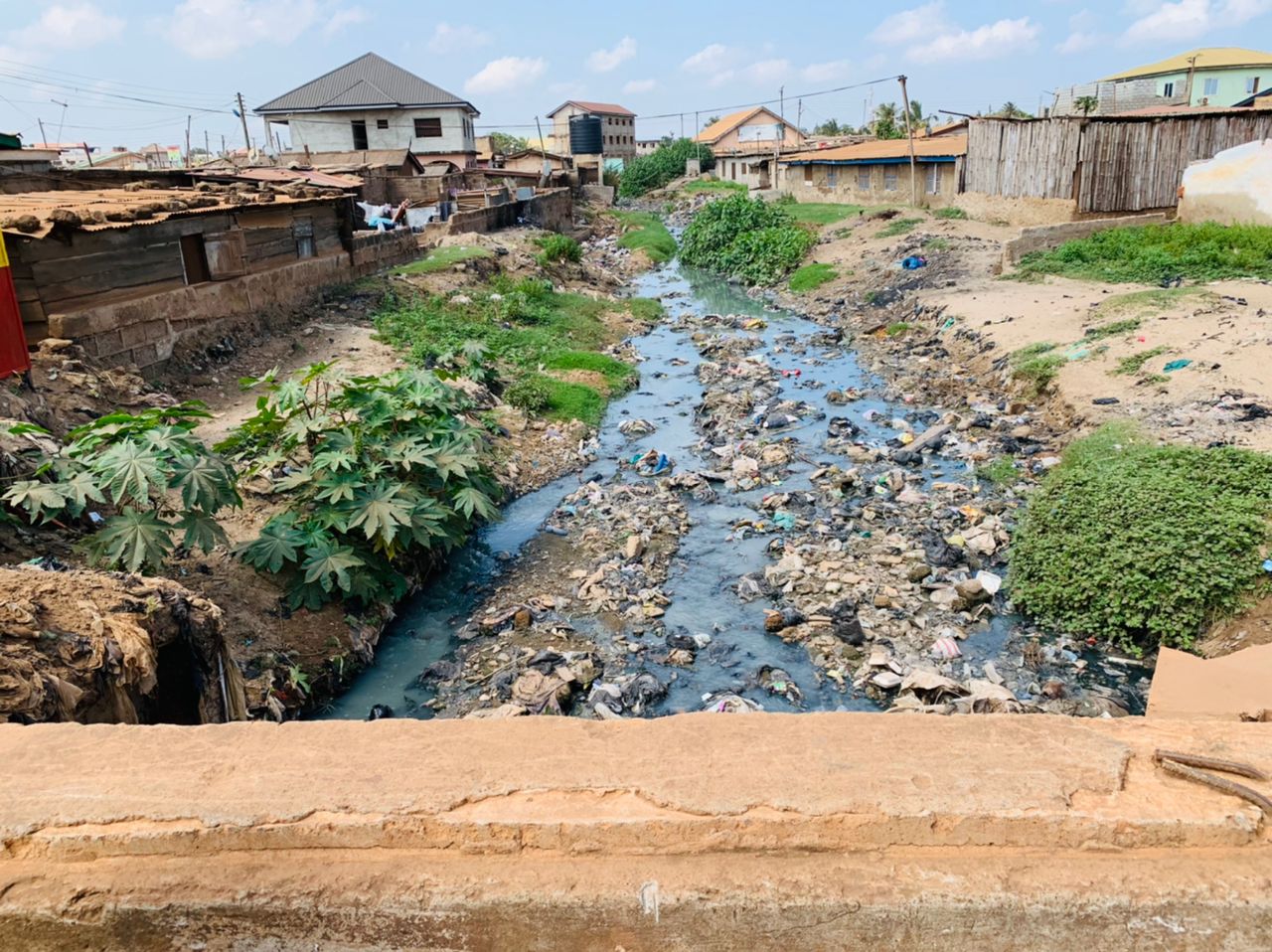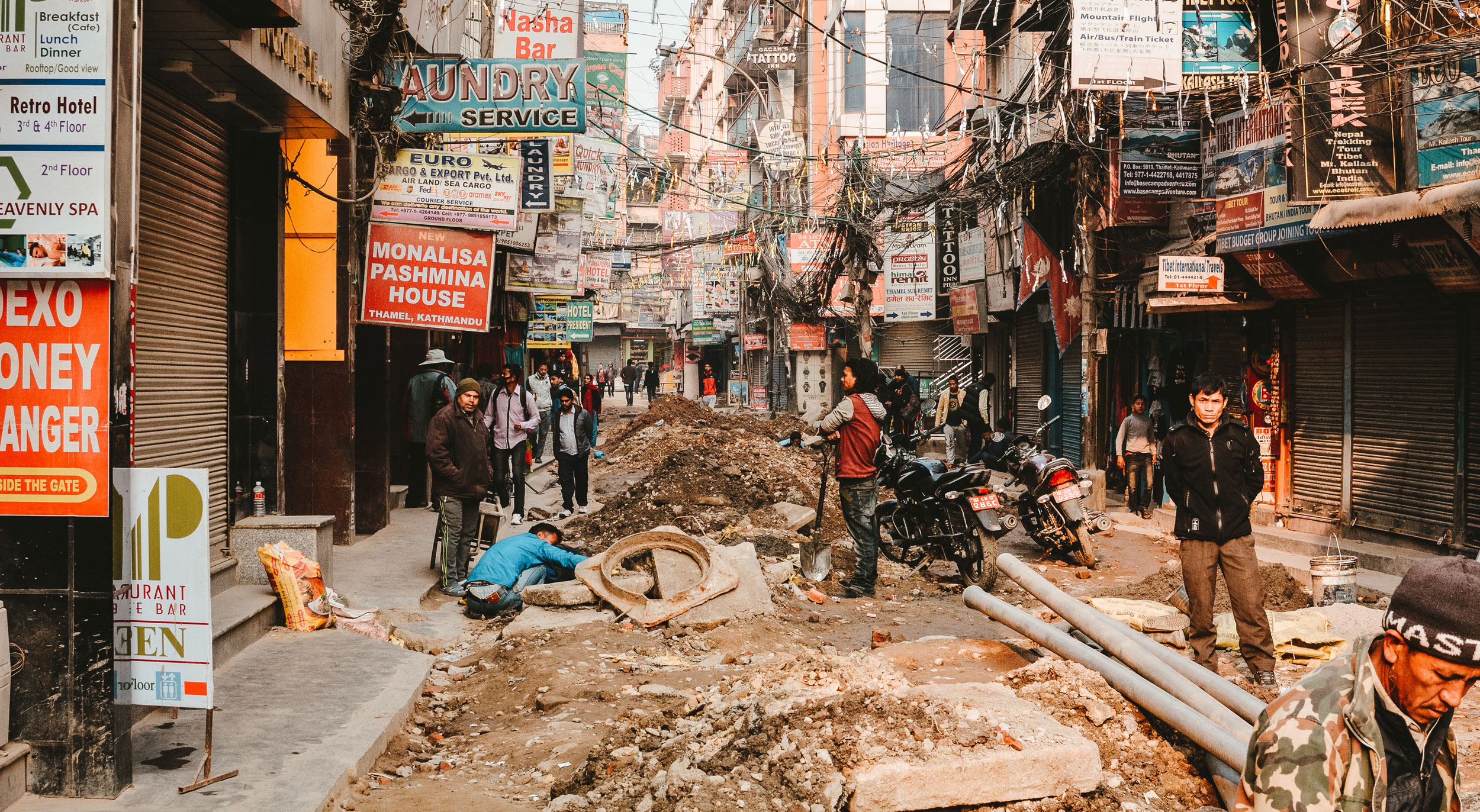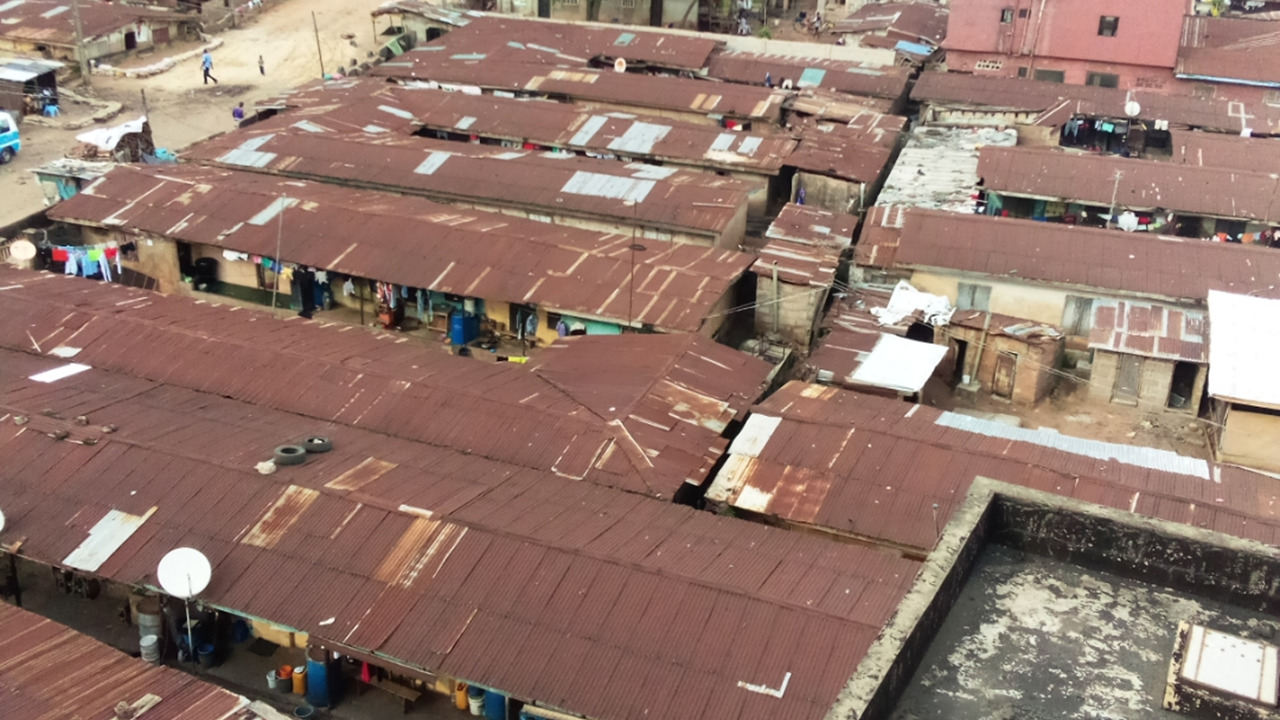
BANGLADESH
Poverty Estimation and Urban health

BANGLADESH
Poverty Estimation and Urban health
Level of Small Area Poverty and Urban Health – Estimation, Validation and Visualisation with Ground Level Data
Poverty estimates are central to the development discourse. Income inequality is also the highest in Dhaka than in any other place in the country and identifying the most poverty-prone areas requires prudent policy attention. To identify exclusion and marginalized populations and areas most at risk in Dhaka, reliable information on the poor, the factors that are related to the level of poverty, and their location and distribution across small geographical regions/areas is required.
This study aims to address poverty in Dhaka, the capital city of a country where income inequality is highest in that area. The study focuses on identifying poverty pockets within small urban areas using the Small Area Estimation (SAE) method. The mapping exercise will utilize the Household Income and Expenditure Survey 2022 sampling frame. Additionally, a primary survey will be conducted, collecting data from 3,000 households in 15 poverty-prone wards to validate the initial mapping findings. Once poor and non-poor households are identified at the ward level, the study will assess various health-related indicators and outcome measures commonly used in measures like the Multidimensional Poverty Index (MPI) and health-related expenditure. This analysis will provide insights into the extent of poverty, health equity, deprivation, and the level of health expenditure. The expected output of the study is a new database of the poor at the ward level, which will contribute to better understanding and targeting of poverty alleviation efforts. The findings will be disseminated through a public event in Dhaka and through various outputs such as journal articles, conference papers, newspaper articles, and policy briefs, blogs and social media.
The aim is to reach different sectors of the community and spread awareness about the study’s findings and their implications for poverty reduction and health equity.
This study aims to make a significant contribution to policy by addressing the poverty gap in the country, particularly in Dhaka. By utilizing the Small Area Estimation (SAE) method and the Household Income and Expenditure Survey 2022 sampling frame, the study aims to identify poverty pockets in small urban areas. This approach provides a more granular understanding of poverty distribution and allows for targeted policy interventions.
Lead Researcher: Farzana Sehrin (BRAC James P Grant School of Public Health)
Mentors: Zahidul Quayyum (BRAC JPGSPH), Shafiqur Rahman (Dhaka University)
Advisor: Atonu Rabbani

